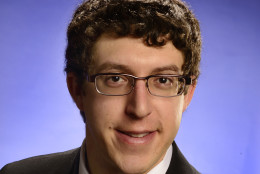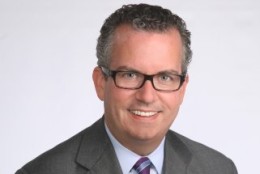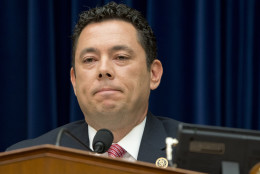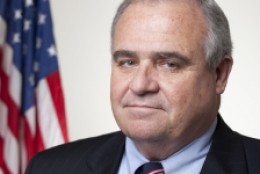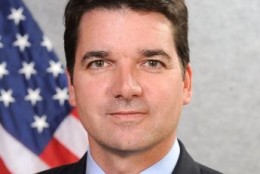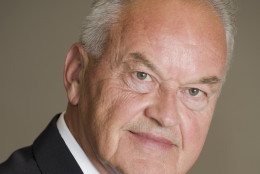presidential transition
-
The Senior Executives Association has a new guidebook for SES members who might not have a specific role on an agency transition team as their organization prepares for the upcoming change in administration. Several highly successful executives who have been through the experience before say even career executives have a role to play in the presidential transition.
August 10, 2016 -
When it comes to presidential transition plans at federal agencies, career federal employees say their managers aren't doing enough to keep them in the loop.
August 10, 2016 -
A conservative think-tank says federal pay and benefits don't line up with what's offered in the private sector, and seek to cut $333 billion in personnel costs over the next decade.
August 09, 2016 -
The National Academy of Public Administration has been holding panel discussions to come up with ideas for the next administration to hit the ground running.
August 09, 2016 -
Cross-agency collaboration will be key to a successful transition for the next presidential administration. That's one top-level finding from a series of workshops conducted by the National Academy of Public Administration. Don Kettl, professor of public policy at the University of Maryland and chairman of the NAPA collaboration panel joins Federal Drive with Tom Temin with the details.
August 02, 2016 -
Democratic presidential candidate Hillary Clinton is pushing for better integration and communication between the VA and Defense Department in her veterans policy plan. She proposes restructuring the Veterans Health Administration but specifically opposes efforts to privatize VA health care.
July 28, 2016 -
The Office of Government Ethics tweaked standards of ethical conduct for federal employees who seek new jobs outside the government. Federal employees must recuse themselves from agency matters if affect the financial interests of a prospective employer, the final rule said.
July 27, 2016 -
NAPA panel chair, Robert Shea, discusses how the presidential transition teams can avoid performance pitfalls through evidence-based approaches with some operational recommendations.
July 26, 2016 -
House Oversight and Government Reform Committee Chairman Jason Chaffetz (R-Utah) sent letters to 23 agencies asking for details about the number of political appointees they've converted to career federal employees. Meanwhile, the topic of "burrowing in" is gaining special attention from Republican presidential nominee Donald Trump.
July 21, 2016 -
The Office of Management and Budget said it's taking stock of its accomplishments over the past eight years, as well as the items it has left on its cybersecurity to-do list, before the upcoming presidential transition. Implementing pieces of the new cyber workforce strategy is a top priority for the Obama administration during its last six months.
July 20, 2016 -
For its presidential transition planning work, the National Academy of Public Administration has convened a series of panels, which have with ideas and actions a new administration can take to make sure its policy goals actually happen. John Kamensky, senior fellow with the IBM Center for the Business of Government and chairman of the panel, tells Federal Drive with Tom Temin how strategic foresight can help.
July 19, 2016 -
A new president will occupy the White House in less than six months, but the National Academy of Public Administration says the outgoing commander-in-chief has plenty of job training to prepare for his successor.
July 12, 2016 -
President Barack Obama's nominee for deputy director for management at the Office of Management and Budget told a Senate Committee he's ready to be a "front line leader" for the presidential transition if he gets the job.
July 07, 2016 -
These episodes tug on that tension line between political appointees and career people.
July 06, 2016 -
Are federal workers going to need a morning after pill after the first Tuesday in November? Senior Correspondent Mike Causey found a long-time fed who says brace for the worst.
July 06, 2016

